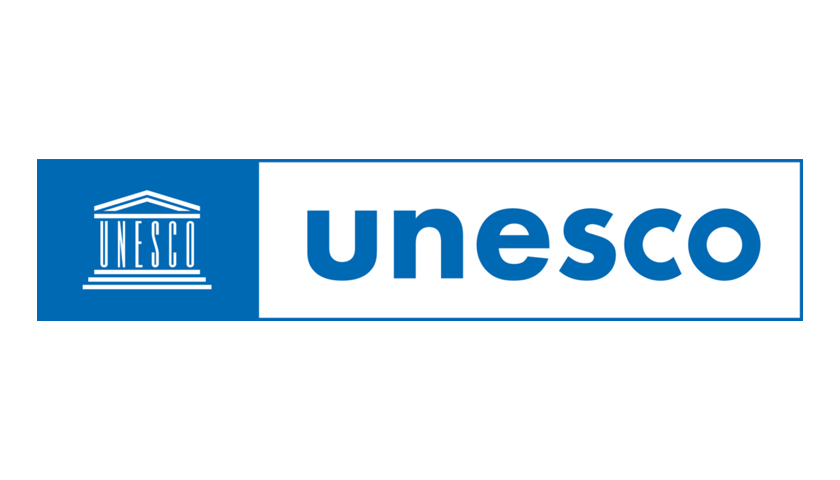UNESCO is launching a Practical Manual and a Master Class video series on Disability Equality in the Media to provide practical recommendations for media organizations to include the principles of disability equality in their coverage, content production and management practices.
The media shapes public perceptions and attitudes, particularly impacting persons with disabilities, who make up to 16% of the world’s population. By focusing on disability issues in editorial policies and programming, producing accessible content and fostering inclusive workplace practices, media professionals – including reporters, editors, technical staff and managers – can drive meaningful change and help remove barriers that hinder the full participation of persons with disabilities in society.
To support the development of media organizations, UNESCO is launching a Practical Manual and a Master Class video series on Disability Equality in the Media. These resources will be introduced during the International Disability Inclusion Conference: Harnessing the Transformational Impact of Para Sports, which will take place in Paris, France, on 27 and 28 August 2024. The event, focused on leveraging Para sport as a catalyst for advancing disability equality, is organized by UNESCO and the International Paralympic Committee on the occasion of the Paris 2024 Paralympic Games.
The Practical Manual and Master Class aim to equip media professionals with the knowledge and tools needed to ensure that their organizations are diverse and inclusive. They provide recommendations for representing persons with disabilities in a fair and unbiased manner, ensuring media content is accessible to all, especially in challenging contexts such as conflicts, natural disasters and humanitarian emergencies. By offering best practices on language, terminology and showcasing success stories from media organizations worldwide, these resources aim to challenge stereotypes and promote a deeper understanding of disability issues.
Additionally, they offer guidance for human resources officers and media executives on fostering a more inclusive work environment, ensuring that media professionals with disabilities have equal opportunities and support to thrive in their careers.
UNESCO Master Class on Disability Equality in the Media
Watch the video
This initiative draws inspiration from the ideals of the United Nations Convention on the Rights of Persons with Disabilities, aligning with a global commitment to inclusivity. UNESCO extends an invitation to media organizations and professionals around the world, encouraging the application of these insights in their crucial work.
The development of the Practical Manual and Master Class is a collaborative effort involving academic researchers, international experts, media professionals, organizations of persons with disabilities, and other United Nations entities. The recommendations draw from diverse perspectives, including those of persons with disabilities, ensuring a rich and inclusive approach to disability issues.
Hosted by Sophie Morgan, a British TV presenter and disability rights advocate, the ten-episode Master Class series highlights key aspects of disability representation in the media. Morgan, one of the first female TV presenters with a physical disability, brings her extensive experience to the series, which aims to inspire and educate media professionals on the importance of inclusivity.
UNESCO Master Class list of episodes:
- Media representation of person with disabilities
- Streamlining diversity in media coverage
- Eliminating discrimination through media coverage
- Inclusive media coverage in times of crises
- Making video content accessible
- Making audio content accessible
- Making print content accessible
- Making digital content accessible
- Media accountability for diversity, equity, and inclusion
- Inclusive management practices in the media
The series is supported by prominent figures such as Princess Maria Teresa, Grand Duchess of Luxembourg and UNESCO Goodwill Ambassador, Christiane Amanpour, CNN International anchor and UNESCO Goodwill Ambassador, and Jane Constance, UNESCO Artist for Peace.
